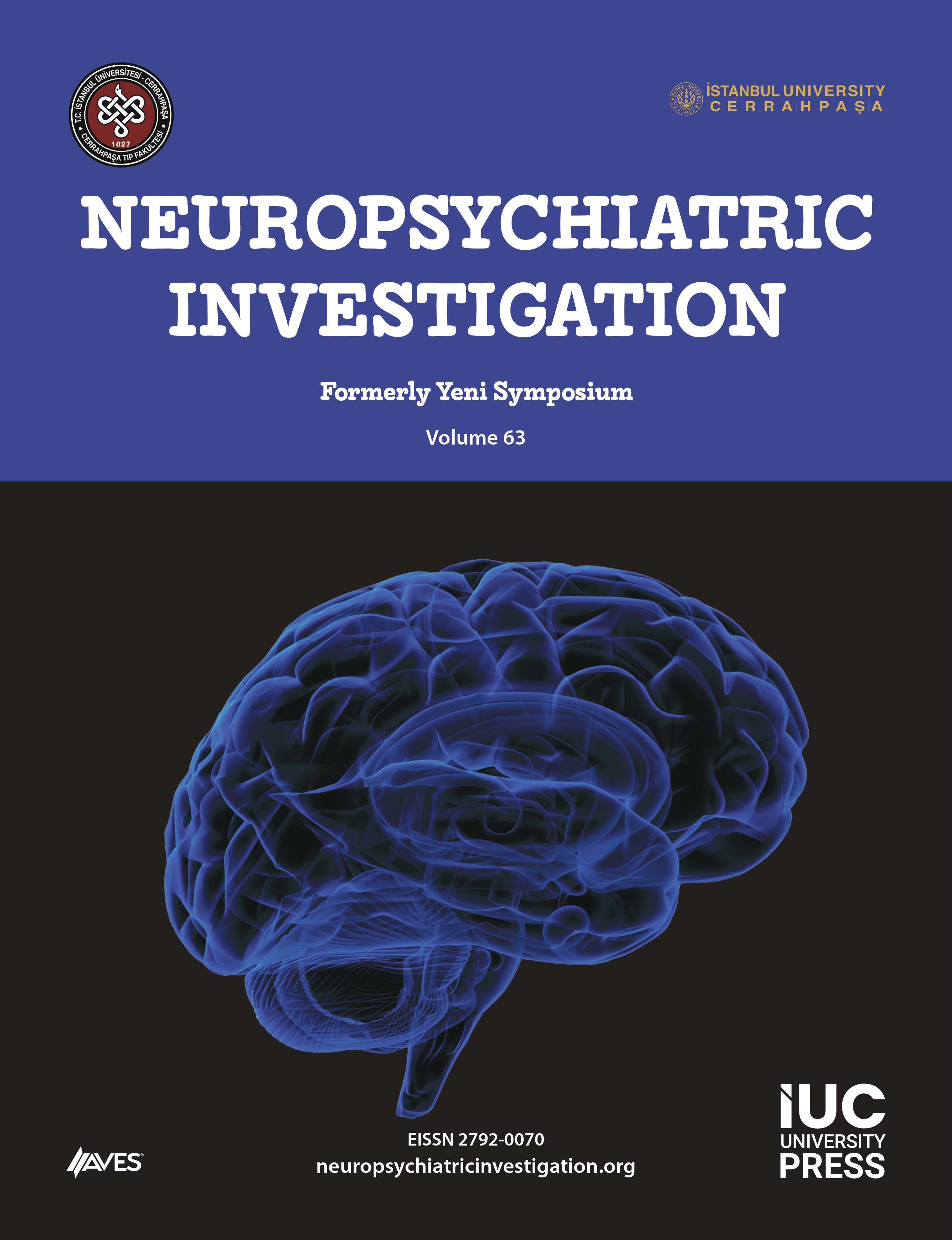Objective: Posttraumatic stress disorder develops in a significant portion of children exposed to traumatic experiences, and it has been reported that there are cases in whom posttraumatic stress disorder has not been detected and treated for many years. In this study, we aimed to evaluate the Turkish validity and reliability of the “Revised Child Event Effect Scale,” which was previously shown to be effective in detecting posttraumatic stress disorder and is used globally.
Methods: In our study, 67 children, between the ages of 10 and 24 years, who reported traumatic injury and 275 children who did not describe any traumatic experiences were included. The Children’s Revised Impact of Event Scale and the Child Posttraumatic Stress Disorder Symptom Scale in children and adolescents, respectively, were applied to the participants.
Results: The original 3-factor structure was repeated in this study, and the internal consistency of the scale was found to be 0.85. The correlations of the scale items with the total score ranged from 0.35 to 0.65. The correlation of Children’s Revised Impact of Event Scale with Child Posttraumatic Stress Disorder Symptom Scale was found to be 0.58; thus, it was found that the Children’s Revised Impact of Event Scale has a similar validity as Child Posttraumatic Stress Disorder Symptom Scale, which indicates that Children’s Revised Impact of Event Scale successfully distinguishes individuals with posttraumatic stress disorder from individuals without posttraumatic stress disorder.
Conclusion: The Turkish version of the Revised Child Event Impact Scale has sufficient validity and reliability and can help detect posttraumatic stress disorder in children exposed to traumatic experiences.
Cite this article as: Çeri V, Hamidi F, Çakır B, et al. Child revised impact of event scale (CRIES): Validity and reliability study of Turkish version. Neuropsychiatr Invest. 2021;59(1):21-26.




.png)